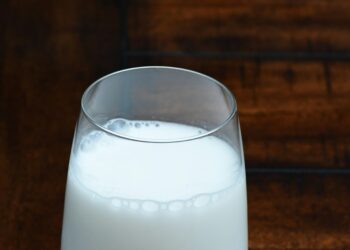Dandruff is a chronic scalp condition affecting about 50% of the world’s population. This problem simply occurs when dead skin cells cause your head’s scalp to become extremely flaky. Moreover, it’s not something you can catch from someone else.
Having to deal with dandruff can be really bothersome because it’s easy to spot the white, dead cell flakes on your hair, and when it gets too bad, it can occasionally start to fall on your clothes.
However, the good news is there are ways to treat it, like using special shampoos, natural remedies, or changing some habits. In this article, we’re going to look at symptoms, causes, and remedies for dandruff.

Symptoms of Dandruff
If you’re concerned about whether or not you have dandruff, you don’t need to do much to find out. Dandruff often has obvious signs and creates scalp sensations.
- Visible symptoms: White or yellowish flakes on scalp, hair, eyebrows, beard, or shoulders.
- Scalp sensation: Itchiness and crusty patches
Causes of Dandruff
Skin shedding faster: Sometimes, your skin cells shed too quickly, leading to those flaky bits. Skin cells can shed too quickly as a result of changes in hormones, stress or even as a result of a medical condition.
Fungus on your scalp: Malassezia is a fungus that naturally lives on your scalp. If it grows too quickly, your scalp may become itchy and crusty. Malassezia typically feeds on the natural oil produced by the scalp. Hormonal fluctuations can cause excessive oil production not only on the face, but also on the scalp. When malassezia feeds on extra oil produced, it begins to grow rapidly.
Furthermore, malassezia thrives in warm and humid conditions. As a form of cooling, the body produces sweat after indulging in specific activities. Sweating can also occur on the scalp, dampening the hair roots and creating an excellent habitat for malassezia to grow.
Dry skin: The scalp doesn’t need a whole lot of moisture, that’s not to say that it doesn’t need moisture at all. In fact, it does and when the scalp doesn’t have enough moisture, it can start flaking too.
Other things that might cause it: Like stress, certain hair products that don’t agree with your scalp, or sometimes there might be other health issues involved (if you’re worried, it’s good to check with a doctor).
Remedies to Reduce Dandruff
1. Take care of your scalp: Wash your hair often with a mild shampoo to keep your scalp clean. After washing your hair, avoid over moisturizing your hair with oil. Adding excess oil gives the fungus a nice environment to leave. Massaging your scalp gently can be helpful in blood circulation throughout the scalp. Lastly, avoid using strong chemicals or styling with too much heat.
2. Use special shampoos: Look for shampoos with ingredients like zinc pyrithione, salicylic acid, selenium sulfide, or ketoconazole. These can help fight dandruff. Follow the instructions on the shampoo bottle carefully. If your dandruff doesn’t get better, you need to seek help from a hair specialist.
3. Make lifestyle changes: Try to lower your stress levels, because stress can make dandruff worse. Eat a balanced diet with lots of vitamins and minerals. This helps keep your scalp and body healthy.
Conclusion
To sum it up, dealing with dandruff isn’t too hard if you do a few things right. Just wash your hair regularly with a gentle shampoo, use special shampoos when you need to, and try to manage stress and eat healthy. But if dandruff keeps bothering you, it’s a good idea to see a specialist for their advice and maybe some extra help.

















